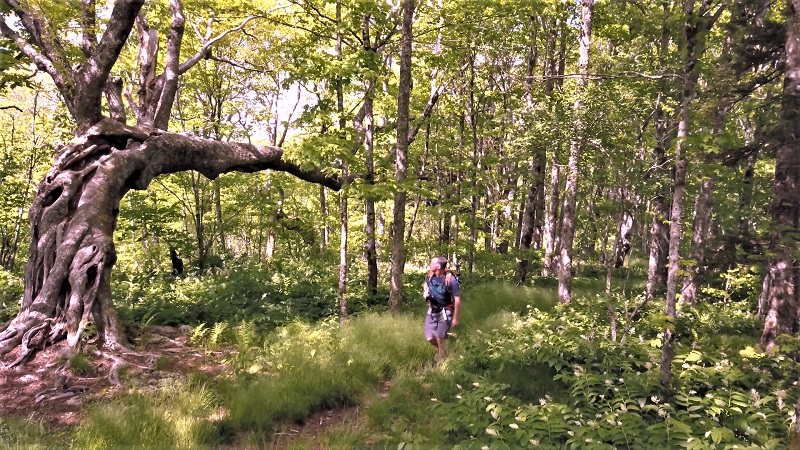[Check our campaign page at sc.org/ncforests to sign up for updates and support on submitting YOUR comments on the Pisgah-Nantahala national forest management plan.]
The final draft of a multi-year management plan for the Pisgah and Nantahala National Forests, setting rules for timbering, wilderness management, species protection and outdoor recreation, was opened for public comment today (Friday, Feb. 14) by the U.S. Forest Service.
 The comprehensive plan and draft environmental impact statement (DEIS) were created with years of input from a group of stakeholders including the N.C. Sierra Club. Environmental groups, timber industry representatives, wildlife and hunting groups, and outdoor recreation organizations were among the diverse interests included in the stakeholder group.
The comprehensive plan and draft environmental impact statement (DEIS) were created with years of input from a group of stakeholders including the N.C. Sierra Club. Environmental groups, timber industry representatives, wildlife and hunting groups, and outdoor recreation organizations were among the diverse interests included in the stakeholder group.
“Public comments and additional input are going to be essential to making sure that old growth areas and other natural aspects of the Pisgah and Nantahala Forests are protected for the next decade and beyond,” said David Reid, vice-chair of the N.C. Sierra Club, which is part of the stakeholder process. “Upon first review, there is a lot to be pleased about within the options presented, but it will take time to review the proposal carefully to make sure the unique and important environmental features of these public lands are well-protected.”
The public will have 90 days - until Thursday, May 14 - to comment on the plan.
As the plan was drafted, the Sierra Club encouraged the Forest Service to protect habitat for rare and endangered plant and animal species, wilderness areas, and the large backcountry tracts of forested land that serve as natural carbon sinks, helping to lessen the impact of carbon emissions that lead to climate change.
“The Pisgah and Nantahala, like all national forests, have many virtues that may not be as obvious as the value of timber that can be harvested there,” Reid said. “The Sierra Club and its members will continue to play an active role as the draft is reviewed and a final plan written to make sure these environmental benefits are protected as fully as possible.”